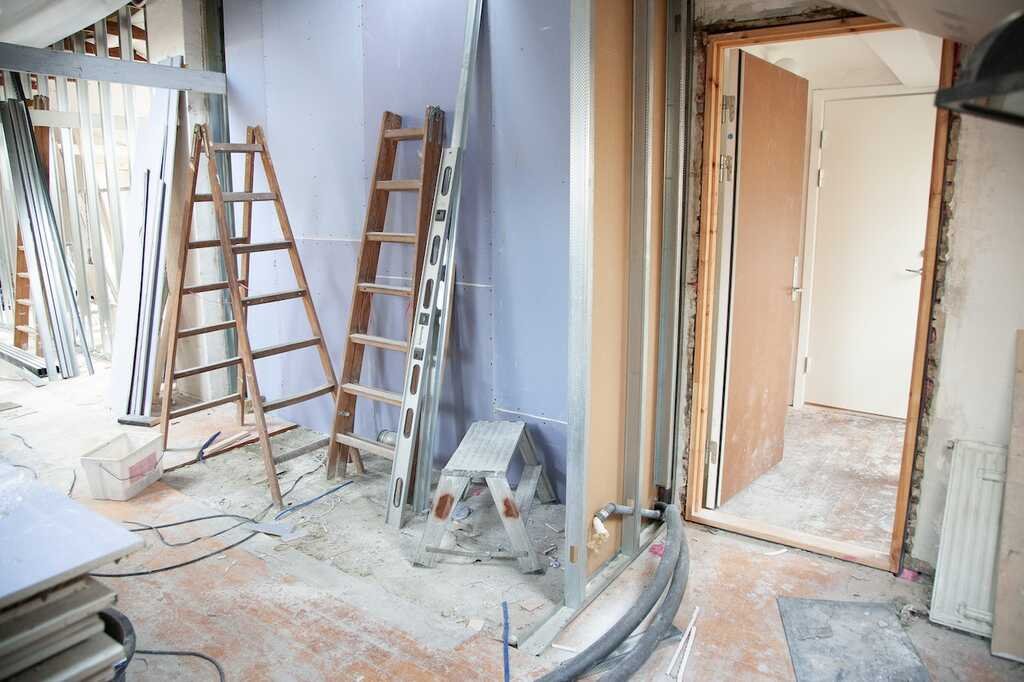Home improvement projects are the most direct way to add value to your home, but it’s important to factor in each project’s return on investment (ROI) before deciding on a course of action. Knowing how much money each project will add to your home’s value can help you decide whether or not it’s worthwhile. And tracking the cost and return of each project will help to ensure you’re maximizing added value.
Should you renovate your home? Will the return on investment pay off? How should you determine the most valuable home improvements? This guide will help you to determine the ROI of different home improvements, tips for prioritizing them, and advice on how to keep track of them for maximum benefit.
Importance of Monitoring ROI on Home Improvements
The most practical reason to consider the ROI of home improvement projects is that it helps guide your decision-making. Knowing how much money you can expect to get back from each project allows you to prioritize those with the best return, leading to a better financial outcome overall. Tracking the costs and returns of each project can help identify which home improvements offer the best value for money, allowing you to maximize your budget.
When considering buying vs. renting, one of the most common factors in the decision—after finances, of course—is the freedom to make changes and improvements to your home. It’s common for homeowners to have more than one home improvement project that they hope to execute. Whether you bought a fixer-upper or invested in your dream home, you probably have a wish list of changes you’d like to make. Monitoring the ROI of home improvements can make prioritizing your wish list more formulaic than emotional, and removing emotion from financial matters is generally advisable.
Know Your Budget & Decide Accordingly
Before beginning any project, assess your budget and find out what kind of return you can expect from different home improvements. Knowing how much you can comfortably spend on each project will help you avoid overspending: increasing your home’s value is good, but doing so without causing unnecessary financial strain is great.
It’s entirely possible that the home improvement that will provide the highest ROI also requires the most capital. If that project will put a strain on your finances, you should consider putting it off and perhaps doing something else on your home improvement list—no matter the potential ROI of the high-cost project.
Research Cost of Comparable Projects in Your Area
Researching the cost of comparable projects in your area is vital to get an accurate idea of what kind of return on investment to expect. Comparing the costs and returns of similar renovations or improvements in the area will help ensure you get the best deal possible. This information can help inform future investments and provide valuable insights into how different home improvements may affect your ROI.
The importance of researching the local cost of the home improvements you’re considering shouldn’t be overlooked. The labor and building materials costs—not to mention the value of specific improvements to homebuyers—can vary drastically depending on your geographic location. Radiant floor heating is undeniably worth more to a homebuyer in northern Minnesota than one in south Florida.
Organize & Track Costs
One of the most valuable tips for planning a successful remodel is to focus on organization. Organizing all of your home improvement information can be daunting, but several tools are available to help. Various software programs and spreadsheets can help you track and compare the costs and returns associated with different projects. These tools can act as guides in your effort to determine which projects offer the best ROI and how to maximize your budget.
In addition to tracking costs and returns, keeping detailed records of all your receipts and invoices is paramount. Organizing them in a way that makes them easy to refer back to can save a lot of time in the future: they’ll likely be needed for tax purposes, and if there’s ever a dispute over payment or the work that was done, you’ll have documentation of every step taken and agreement reach
Speak to a Professional for Complex Projects
For more complex home improvement projects, speaking to a professional who can accurately estimate the project’s potential ROI is best. A professional contractor or appraiser can provide you with valuable insight into which improvements will bring the greatest return and help ensure that you stay within your budget.
Maximizing ROI From Home Improvements
Home improvement projects can be fun and rewarding—not only to your quality of life but to your home’s value, too! Knowing how much money each project will bring back can guide your decision-making, while tracking expenses and returns over time can maximize your budget and overall financial gain. Additionally, researching the cost of similar projects in the area and speaking with professionals about more complex projects can help you get the most out of your home improvement investments.
Final Words
By following these steps, you can make smart decisions and enjoy the rewards of your home improvement investments.
Recommended Posts:














